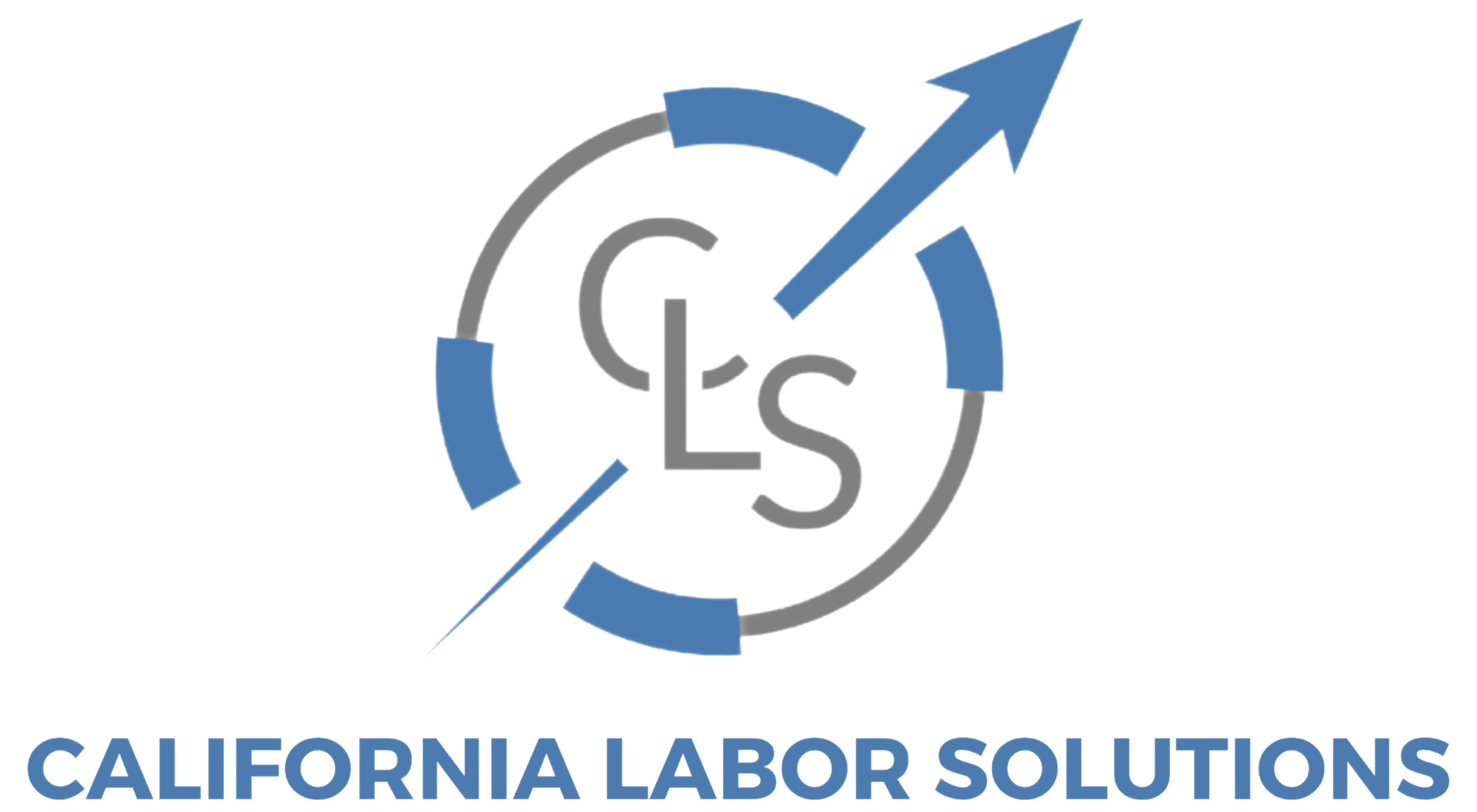Employers in California face complex labor laws and workplace challenges that require careful management. A well-planned labor solution helps businesses navigate compliance, improve employee relations, and prevent costly disputes. Without a structured approach, companies risk legal penalties, employee dissatisfaction, and operational inefficiencies.
Finding the right approach means understanding state and federal labor laws, maintaining fair workplace policies, and ensuring compliance through professional HR guidance. Businesses that invest in proactive labor management create a more productive, legally sound work environment.
Why Businesses Need a Strong Workforce Strategy
A company’s success depends on how effectively it manages its workforce. A structured approach that prioritizes compliance, employee engagement, and conflict resolution leads to higher retention, improved productivity, and reduced legal risks. Employers that fail to comply with California labor laws face audits, lawsuits, and damage to their reputation.
To avoid these issues, businesses need a clear strategy for handling wage and hour regulations, workplace investigations, employee training, and HR compliance. A plan tailored to company needs ensures smooth operations while protecting both employees and employers.
Key Elements of an Effective Compliance Plan
A comprehensive workforce strategy should address key areas of labor management:
1. Compliance with Labor Laws
California’s labor laws frequently change, making it difficult for employers to keep up. Businesses must comply with minimum wage laws, overtime regulations, paid sick leave requirements, and employee classification rules. A professional consultant helps businesses follow the latest labor laws while avoiding violations and penalties.
2. Workplace Investigations and Employee Relations
Handling employee complaints effectively is essential for maintaining a fair workplace. Employers must properly investigate harassment, discrimination, retaliation, and misconduct claims to prevent liability and maintain compliance. A well-structured approach ensures impartial investigations, proper documentation, and legal compliance.
3. HR Policies and Procedures
A strong compliance plan includes well-defined policies for hiring, employee discipline, performance management, and workplace safety. Businesses should maintain updated employee handbooks, conduct regular policy reviews, and ensure all employees understand workplace expectations.
4. Employee Training and Development
A proactive strategy involves ongoing training to help employees and managers comply with labor laws and workplace policies. Key training areas include harassment prevention, conflict resolution, and workplace safety. Educated employees are less likely to engage in misconduct, and well-trained managers can effectively handle disputes before they escalate.
5. Payroll and Wage Compliance
Payroll errors can lead to lawsuits and government penalties. Employers must ensure accurate wage calculations, proper overtime pay, and compliance with California’s final paycheck laws. A structured compliance process prevents costly mistakes and keeps businesses aligned with wage regulations.
How to Implement the Right Compliance Plan for Your Business
Employers can take several steps to develop a reliable strategy that meets legal and operational needs:
- Conduct a Labor Compliance Audit – Identify potential risks and ensure compliance with California labor laws.
- Update Workplace Policies – Review and revise employee handbooks, disciplinary procedures, and workplace investigation protocols.
- Invest in Employee Training – Provide ongoing education on labor law compliance, workplace behavior, and employee rights.
- Establish Clear Workplace Investigation Procedures – Ensure all employee complaints are handled fairly and legally.
- Partner with Labor Compliance Experts – Work with professionals who specialize in California labor laws to stay compliant and prevent legal risks.
The Benefits of a Strong Compliance Strategy
Businesses that implement a strategic workforce solution gain several advantages, including:
- Stronger compliance with California labor laws, reducing the risk of lawsuits and fines
- Improved workplace culture, leading to higher employee satisfaction and retention
- More efficient HR processes that save time and resources
- Better conflict resolution, ensuring workplace disputes are handled legally and fairly
- Reduced legal risks, protecting businesses from labor law violations and audits
California Labor Solutions: Your Trusted Compliance Partner
At California Labor Solutions, we provide customized consulting services to help businesses navigate compliance, workplace investigations, and HR management. Our team ensures that companies meet labor law requirements while fostering a fair, productive work environment.
For expert compliance support, visit www.californialaborsolutions.com today.

